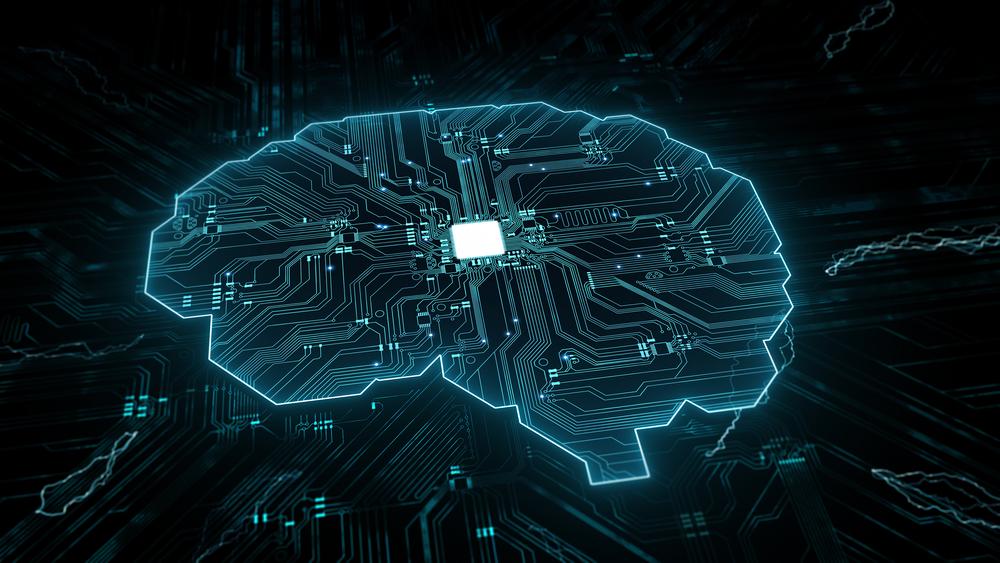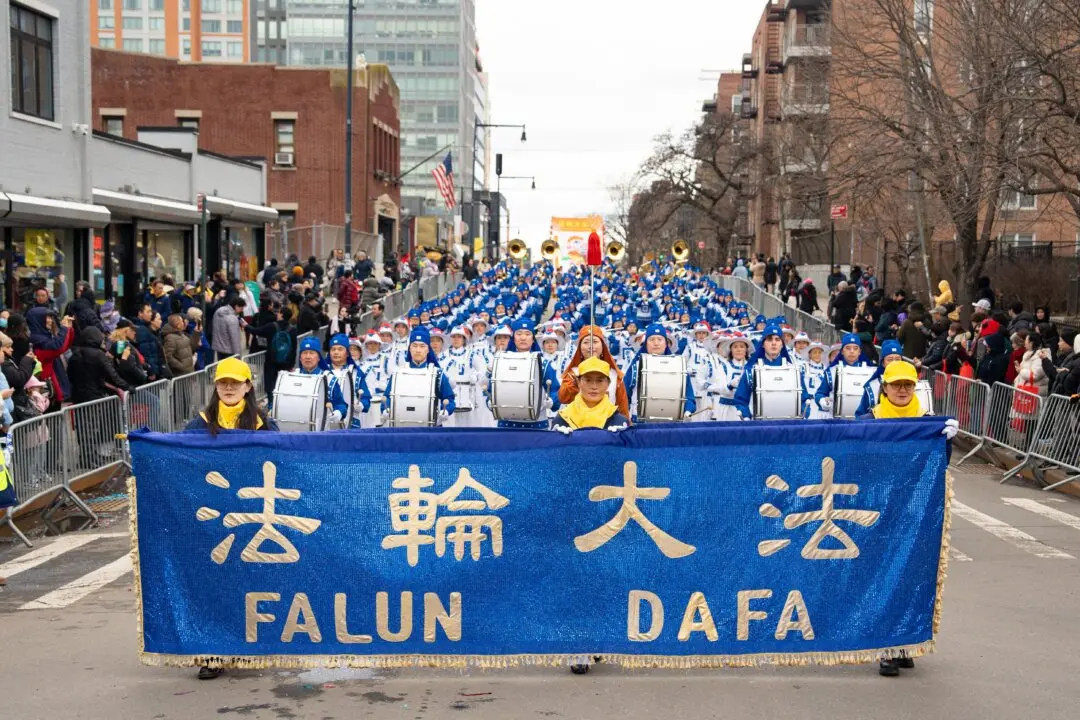A recent open letter calling for a pause on artificial intelligence advancement has been signed by more than 50,000 people, including more than 1,800 CEOs and 1,500 professors, according to the nonprofit that issued it.
“The reaction has been intense,” the Future of Life Institute (FLI), a nonprofit seeking to mitigate large-scale technology risks, wrote on its website.





